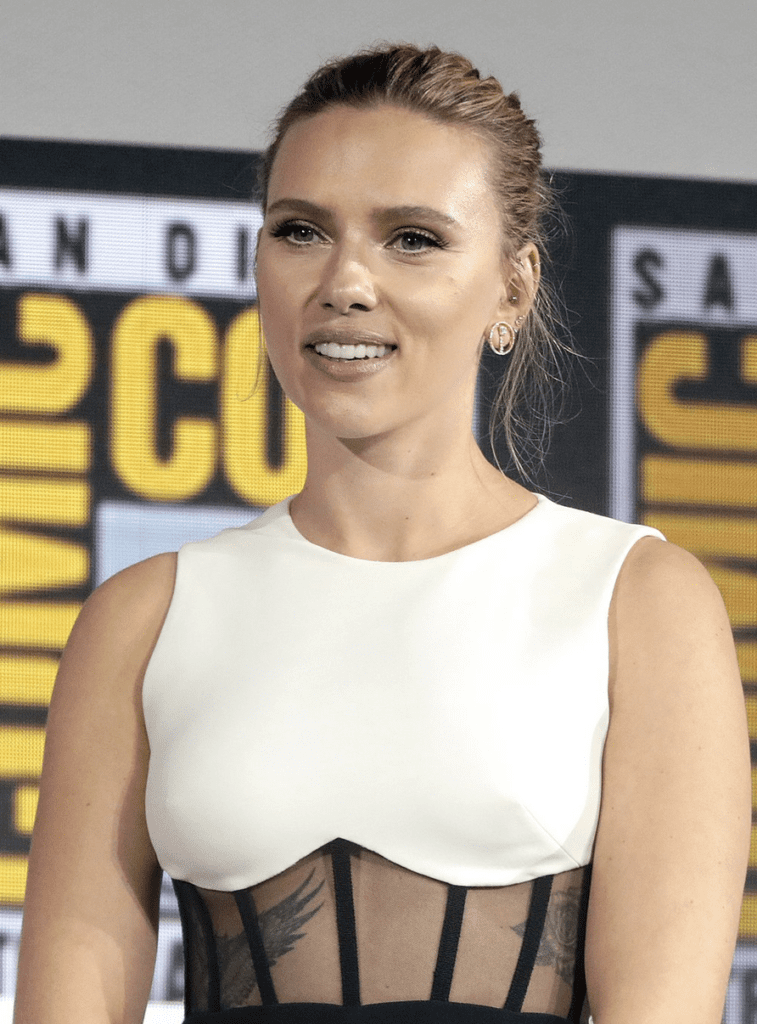OpenAI Faces Backlash Over Voice Similarity to Hollywood Star
- AI Voice Controversy: Scarlett Johansson alleges OpenAI used a voice eerily similar to hers for its new chatbot without her consent.
- Public and Legal Reaction: Johansson expressed shock and anger, hiring lawyers to investigate the matter.
- OpenAI’s Response: The company denies intentional imitation and pauses the use of the controversial voice.
Scarlett Johansson has voiced her shock and anger over OpenAI’s latest chatbot, which features a voice strikingly similar to hers. The Hollywood star, who previously turned down an offer from OpenAI to voice the chatbot, has accused the company of deliberately mimicking her voice. OpenAI has since paused the use of the voice, dubbed “Sky,” but the incident has sparked significant debate over AI ethics and the use of celebrity likenesses without consent.

AI Voice Controversy
The controversy began when OpenAI launched its new GPT-4o chatbot, which features advanced voice chat capabilities. Among the five voices included in the new system was “Sky,” which immediately drew comparisons to Johansson’s voice in the 2013 film “Her.” Johansson, who had declined an offer to voice the chatbot, was taken aback by the similarity.
“When I heard the released demo, I was shocked, angered, and in disbelief that Mr. Altman would pursue a voice that sounded so eerily similar to mine,” Johansson wrote in a statement. She further accused OpenAI’s founder, Sam Altman, of deliberately choosing a voice that mimicked hers, a claim Altman has denied.
Public and Legal Reaction
Johansson’s public reaction to the voice led to widespread criticism of OpenAI. She revealed that after rejecting Altman’s initial offer, he contacted her agent again just days before the chatbot’s release, urging her to reconsider. Following the release, Johansson hired lawyers and sent legal letters to OpenAI to understand how the voice was created.
“In a time when we are all grappling with deepfakes and the protection of our own likeness, our own work, our own identities, I believe these are questions that deserve absolute clarity,” Johansson wrote. The actress emphasized the invasive nature of using someone’s voice without permission, highlighting the broader implications for privacy and copyright in the AI era.
Experts have echoed Johansson’s concerns. Dan Stein, head of AI voice licensing company Voice-Swap, stated, “Whether OpenAI trained their new Sky voice using audio from Scarlett Johansson or a sound-a-like, the fact remains that she refused permission and her identity was exploited regardless.”
OpenAI’s Response
OpenAI responded by denying any intention to imitate Johansson’s voice. In a statement, Altman said, “The voice of Sky is not Scarlett Johansson’s, and it was never intended to resemble hers.” He added that the voice actor for Sky was cast before any outreach to Johansson and expressed regret over the poor communication.
Despite these assurances, OpenAI has paused the use of Sky’s voice while addressing questions about its selection process. The company emphasized that it had used voice actors for all its chatbot voices and would not disclose their identities for privacy reasons.
The controversy surrounding OpenAI’s use of a voice similar to Scarlett Johansson’s for its chatbot underscores the complex intersection of AI technology, ethics, and personal rights. As AI continues to advance, companies must navigate these challenges carefully to avoid infringing on individuals’ rights and identities. Johansson’s case serves as a pivotal moment in the ongoing conversation about the ethical use of AI, emphasizing the need for clear guidelines and respect for personal consent in technological innovations.
